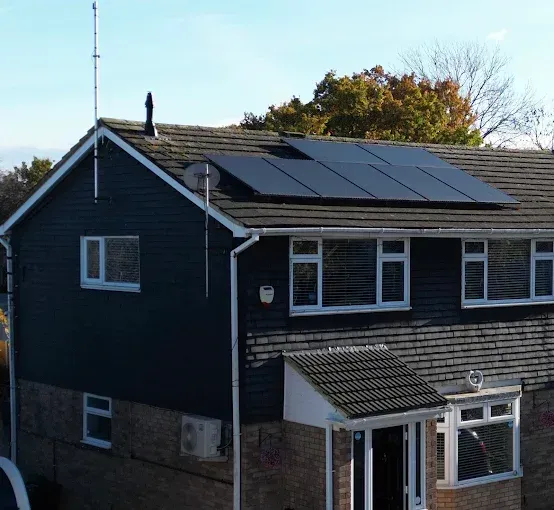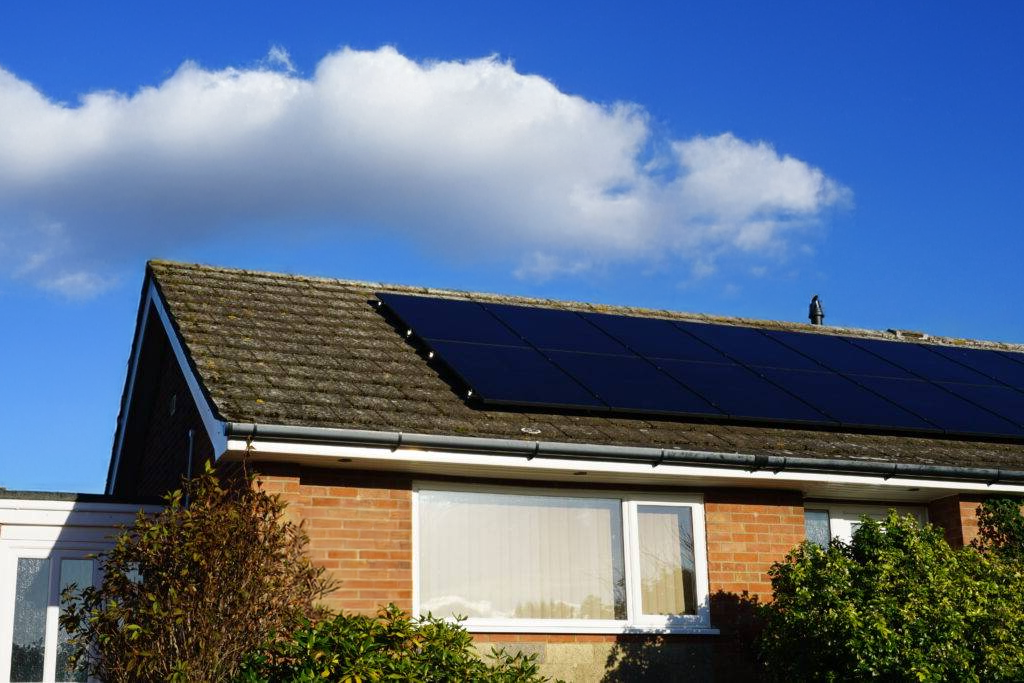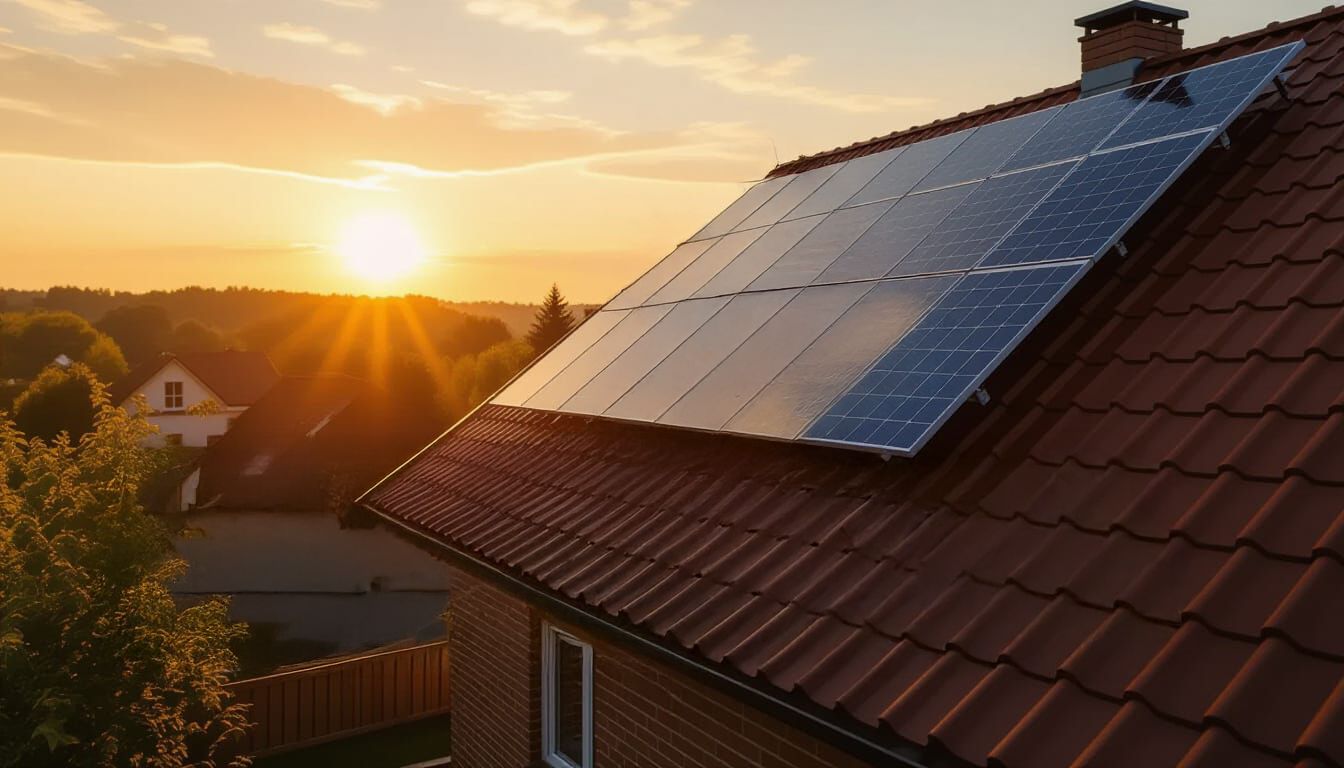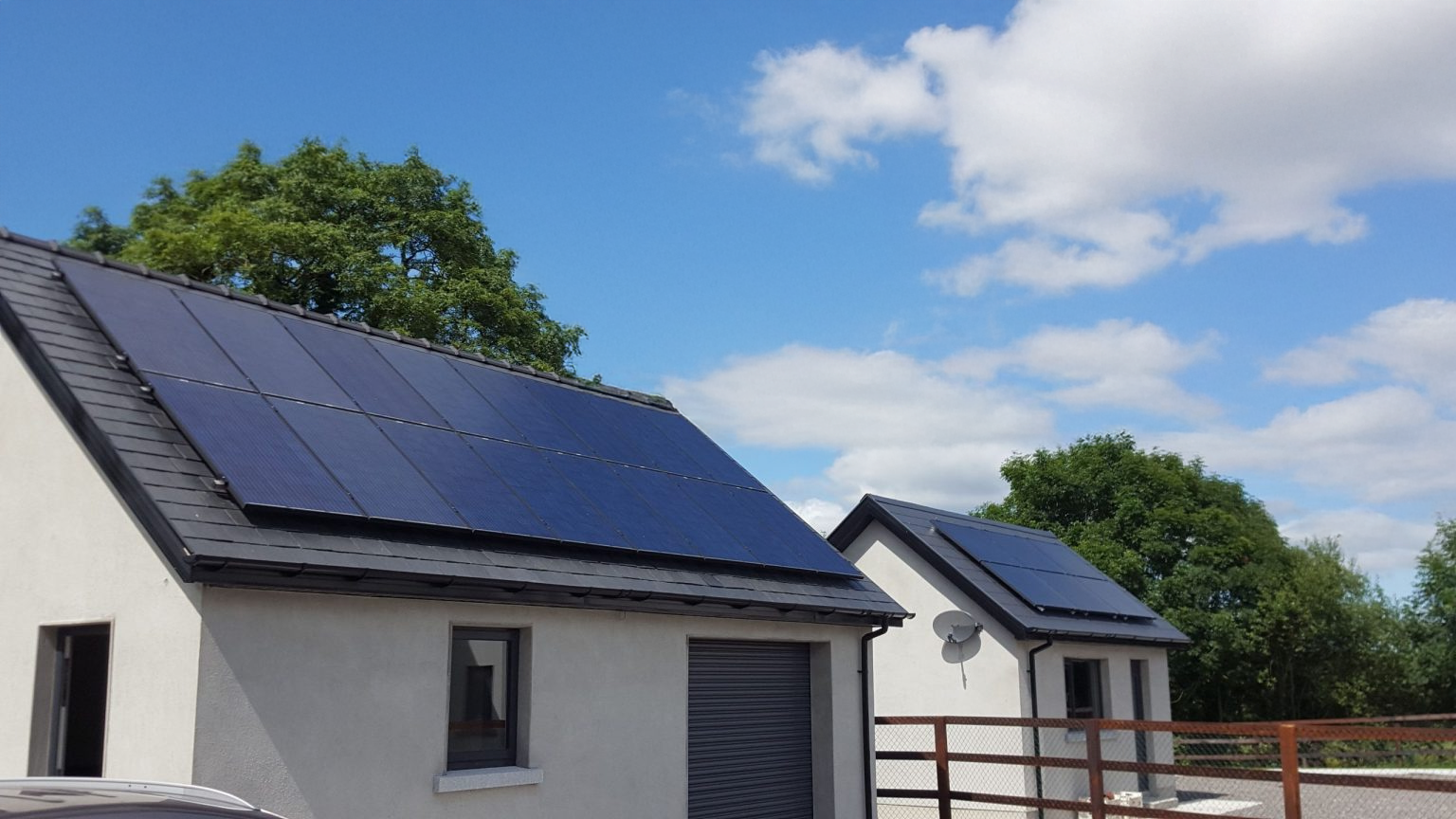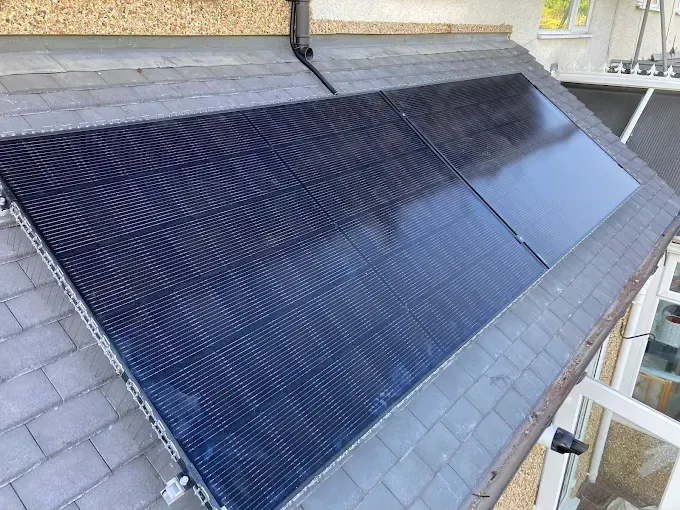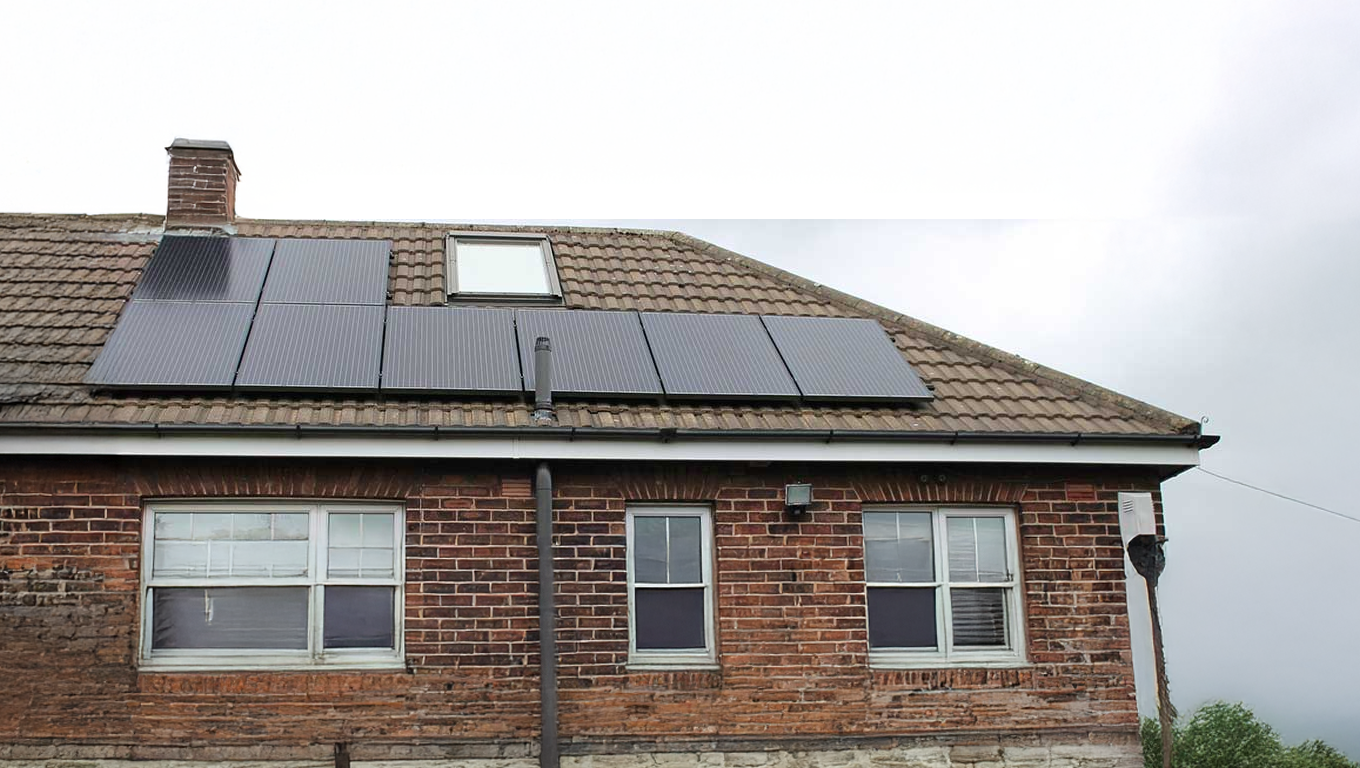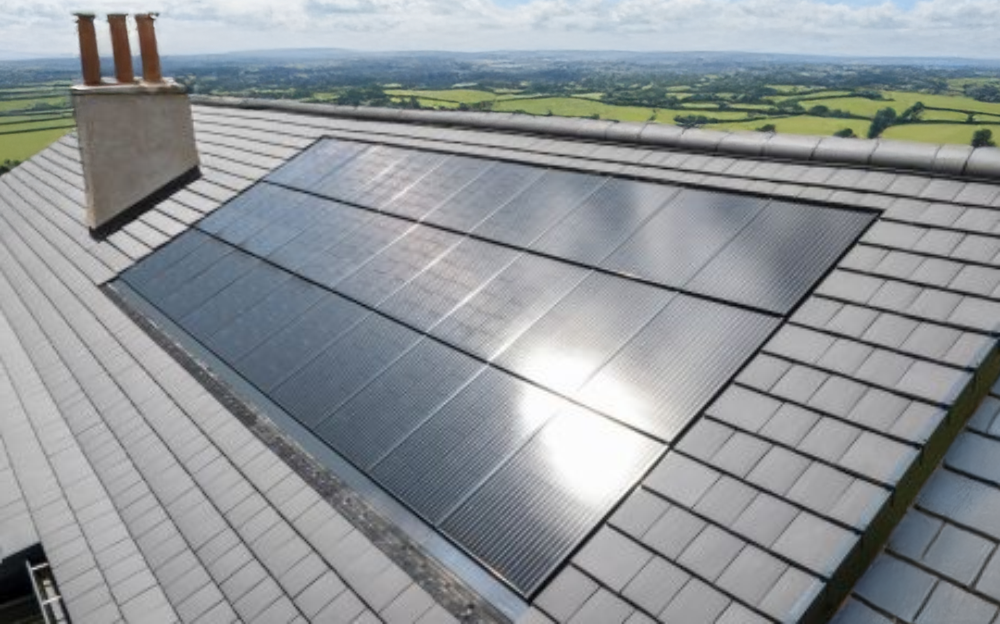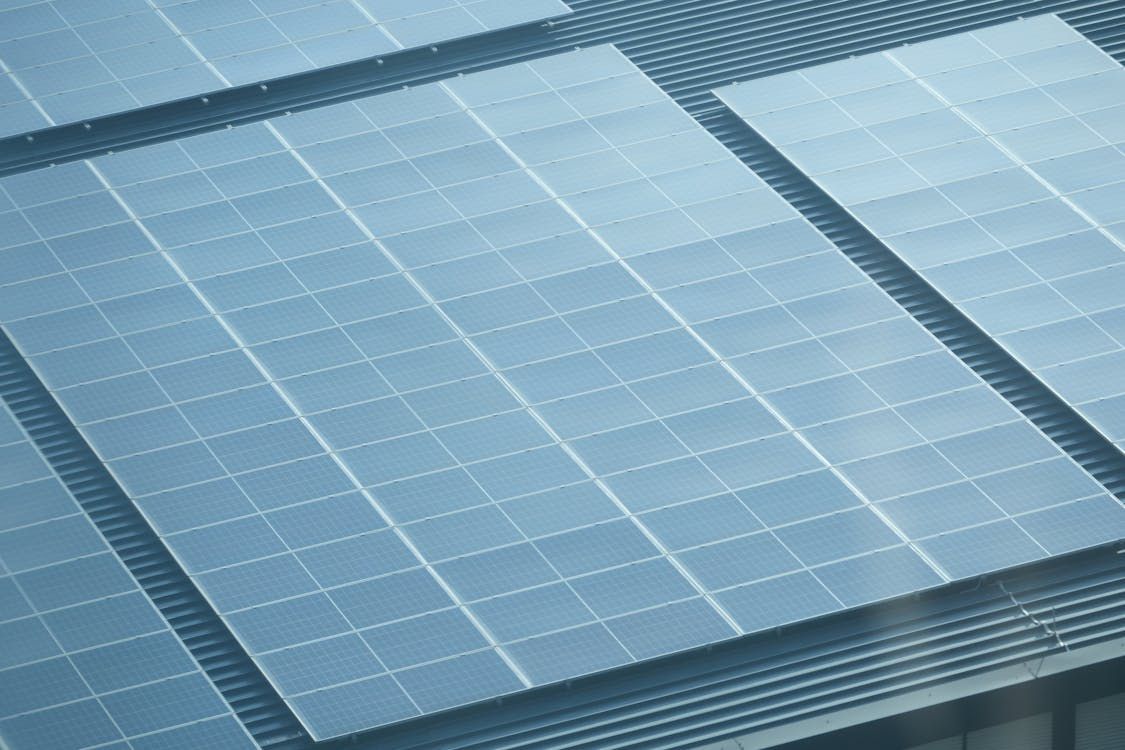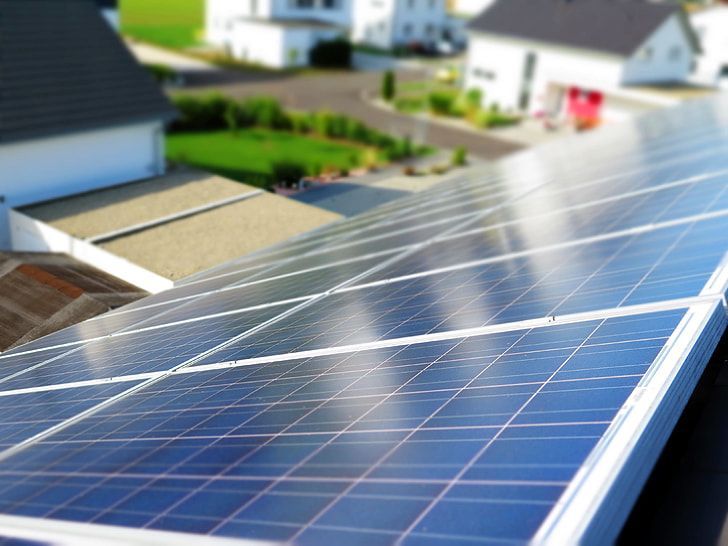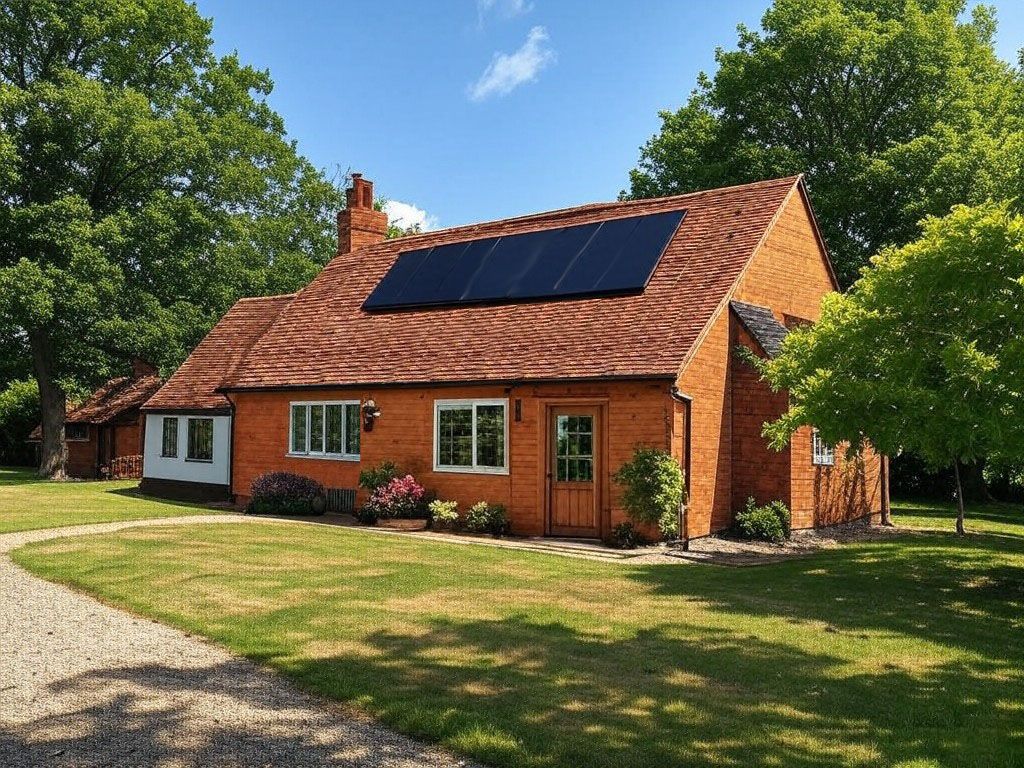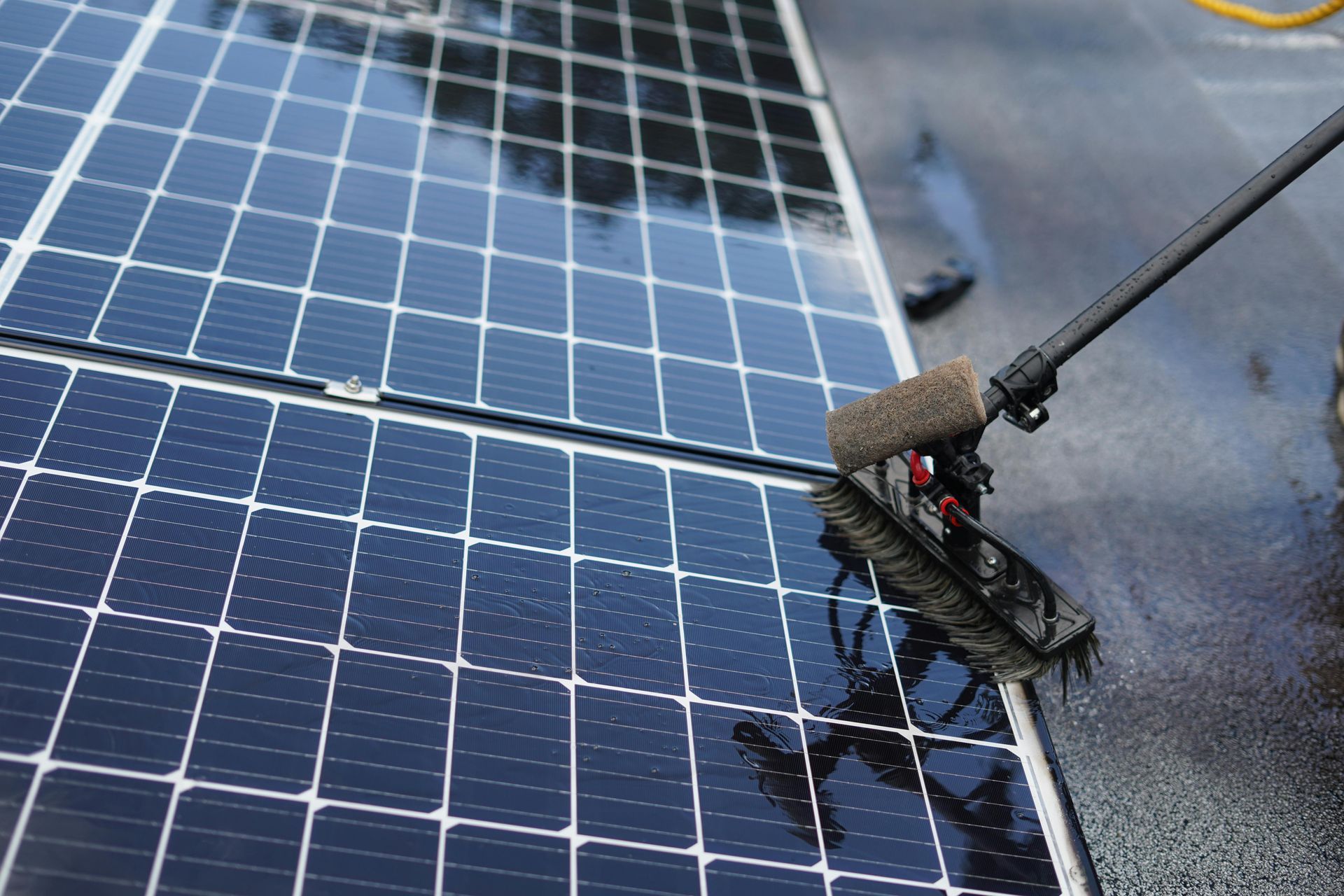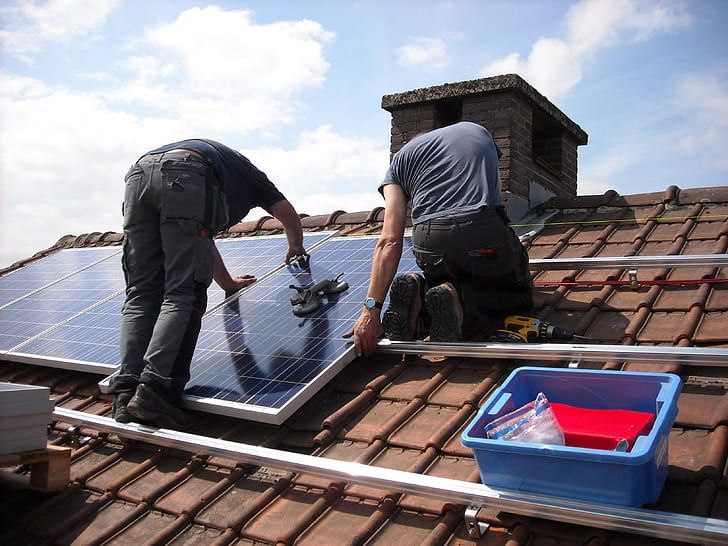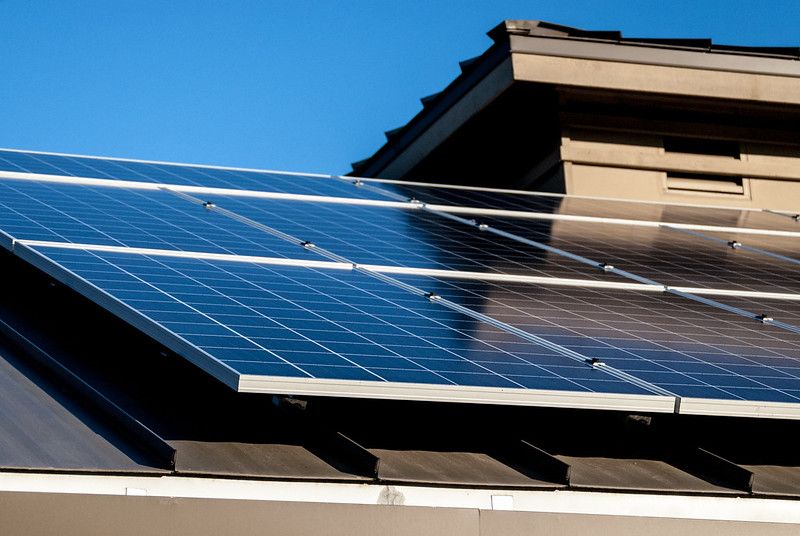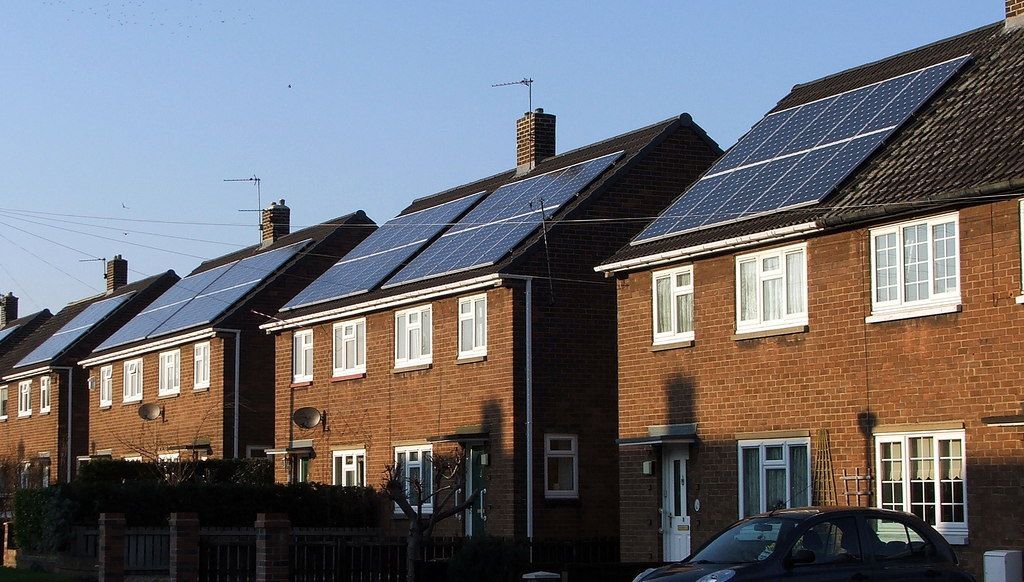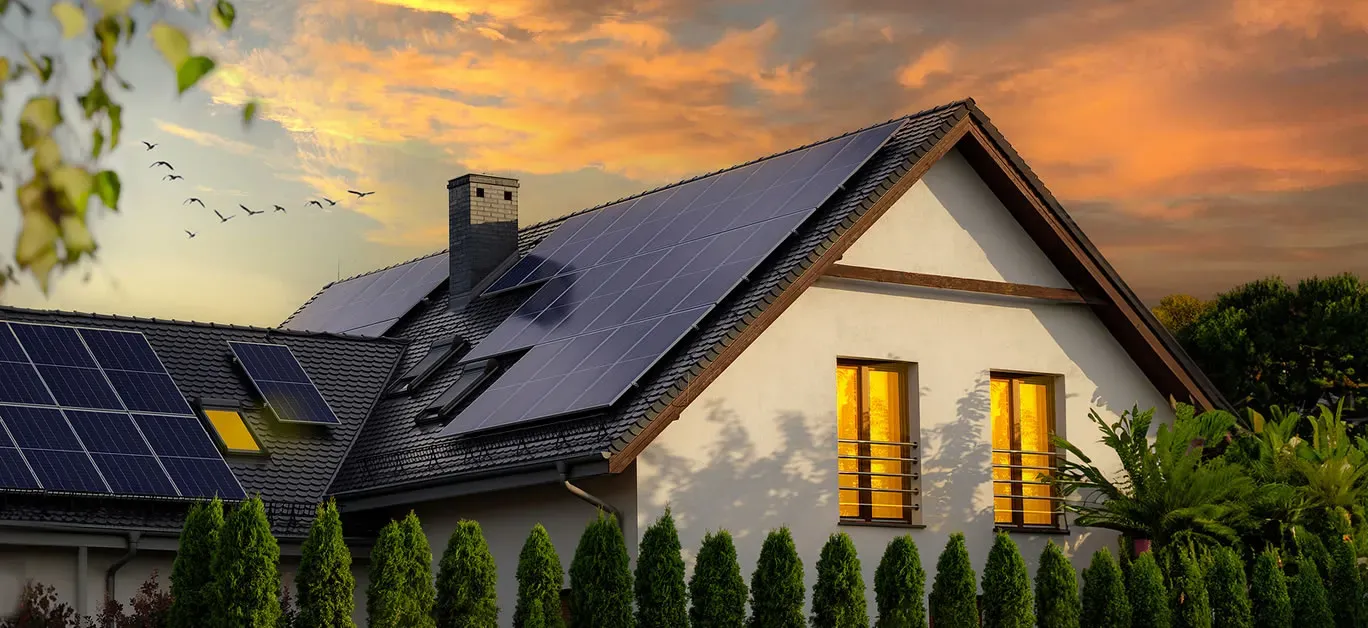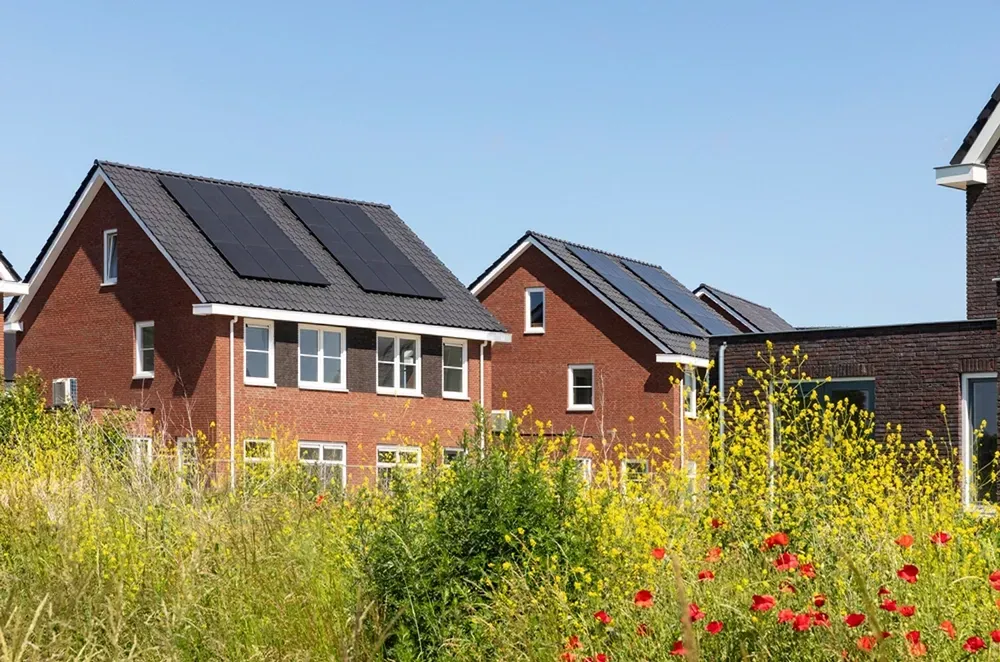Solar Panel Installers: Understanding the 20% rule for solar panels
Looking to Power Your Home with Solar Panels?
Transform your energy savings with high-quality solar panel installation! Enjoy lower bills, eco-friendly power, and reliable service tailored for your home. Start saving today!
Welcome to a comprehensive guide tailored for solar panel installers and homeowners, with a focus on the 20% rule for solar panels, brought to you by Solar Simplicity Limited, Essex. This article delves deep into optimising solar panel installation for maximum efficiency and cost-effectiveness. Whether you're a seasoned professional or exploring solar energy for the first time, Solar Simplicity Limited is here to empower you with insights on system size, panel efficiency, and solar system design.
Introduction to Solar Panels
What are Solar Panels?
Solar panels, or solar PV modules, convert sunlight into electricity via the photovoltaic effect. Composed of silicon-based solar cells, these panels generate current when sunlight excites electrons. Offered by Solar Simplicity Limited, Essex, they provide a clean, sustainable energy solution, reducing reliance on fossil fuels and grid consumption while offering durable, efficient energy output.
Benefits of Solar Panel Installation
Solar Simplicity Limited highlights the benefits of solar panels, including:
- A sustainable energy source that lowers carbon emissions.
- Reduced monthly energy bills by offsetting household needs.
- Access to regional incentives like tax credits and rebates.
- Increased property value and energy independence, enhanced with solar batteries for grid contribution.
Overview of Solar Panel Systems
Solar Simplicity Limited’s systems include solar arrays, inverters (converting DC to AC), and mounting structures for roofs or grounds. Optional solar batteries store excess energy. System size (kW) depends on consumption, panel efficiency, and roof space. The 20% rule aids Solar Simplicity Limited in calculating optimal panel numbers for maximum output.
The 20% Rule for Solar Panels
Understanding the 20% Rule
The 20% rule, a guideline from Solar Simplicity Limited, Essex, suggests designing a system to cover 80% of your energy needs, ensuring you know how many panels you’ll need. This balances feasibility and cost, considering factors like shading or budget, ensuring significant savings and grid contribution.
How the 20% Rule Affects Solar Panel Efficiency
Solar Simplicity Limited notes that the 20% rule prioritises cost-effectiveness, potentially using fewer panels for space or budget constraints. For high-energy homes, higher panel efficiency is key to meet the 80% target, optimising installation for cost reduction.
Calculating the Number of Solar Panels Needed
Solar Simplicity Limited recommends calculating panel needs by assessing annual kWh consumption, local sunlight hours, and solar panel efficiency. The 20% rule adjusts the target to 80% of needs, determining system size and panel count for effective energy solutions.
Choosing the Right Solar Panel Installer
Qualities to Look for in Solar Panel Installers
Solar Simplicity Limited, Essex, emphasises experience, certifications (e.g., NABCEP), transparency in quotes, and comprehensive warranties. Online reviews and recommendations ensure reliability for your solar investment.
Top Solar Panel Installers in Essex
Solar Simplicity Limited stands out in Essex with its reputation, expertise, and tailored services for installing solar power systems. Specialising in various PV modules, including monocrystalline panels, and financing, they offer free consultations and customised proposals based on your needs.
Questions to Ask Your Solar Installer
Solar Simplicity Limited suggests asking about experience, certifications, panel brands, warranties, costs, permits, timelines, and maintenance to ensure a smooth installation process.
Determining How Many Solar Panels You Need
Factors that Affect the Number of Solar Panels
Solar Simplicity Limited considers energy consumption, panel efficiency, sunlight availability, shading, and roof space when determining panel numbers for your system.
Estimating Your Energy Needs
Accurately estimating your energy needs in kWh per year is vital for determining the correct number of solar panels. Start by reviewing your past electricity bills to understand your monthly and annual energy consumption in kWh per month. Account for seasonal variations in your energy usage, such as increased heating in winter or air conditioning in summer.
Consider any planned changes in your lifestyle that might impact energy consumption, such as adding new appliances or increasing the number of household members. A professional energy audit can provide a detailed assessment of your energy needs and identify opportunities for energy conservation before installing solar.
Tools for Calculating Solar Panel Requirements
Various tools are available to help calculate your solar panel requirements, including the number of panels you’ll need. Online solar calculators can provide estimates based on your location, energy consumption, and panel efficiency.
Many solar panel installers, including Solar Simplicity Limited, offer professional system design services, using sophisticated software to model your solar panel system and optimise it for your specific needs. These tools factor in aspects like roof orientation, shading, and local weather patterns to accurately predict the energy output of your solar panels. Remember to consult with Solar Simplicity Limited in Essex to get a tailored recommendation for the number of solar panels, ensuring you understand the 20% rule for solar panels.
Conclusion
Summarising the Importance of the 20% Rule
The 20% rule for solar panels serves as a practical guideline for balancing cost and energy savings, helping you decide how many panels you’ll need. It acknowledges that achieving 100% offset of your energy needs might not always be feasible or cost-effective.
By aiming to cover at least 80% of your energy consumption with solar energy, you can enjoy significant reductions in your electricity bills and reduce your carbon footprint. This approach allows Solar Simplicity Limited to design a solar panel system that is both affordable and effective.
Understanding the 20% rule can help homeowners make informed decisions about their solar installation and long-term energy goals.
Final Thoughts on Going Solar
Going solar is a significant decision that can bring numerous benefits, including reduced energy costs, increased property value, and a positive impact on the environment by potentially allowing you to energy back to the grid.
As solar panel technology continues to improve and become more affordable, it becomes an increasingly attractive option for homeowners and businesses alike. Before making a final decision, carefully evaluate your energy needs, explore available financing options, and work with a reputable solar panel installer like Solar Simplicity Limited. Remember to consider the long-term benefits of solar panel installation and how it aligns with your sustainability goals.
Next Steps with Solar Panel Installers
The next step in going solar involves engaging with qualified solar panel installers like Solar Simplicity Limited to assess your property and discuss your energy needs. Obtain multiple quotes from different installers, ensuring they provide detailed breakdowns of the system costs, panel efficiency, and expected energy output. Ask for references and check online reviews to gauge the installer's reputation. Discuss financing options, warranties, and the installation process. Once you have chosen an installer, review the contract carefully and ensure you understand all the terms and conditions before proceeding. Solar Simplicity Limited will expertly handle the solar array installation for your home.
Solar Simplicity
Clean, Green Energy Solutions!

Professional solar panel installers in the UK, offering high-quality, affordable installations.
Save up to 90% on your electricity bills!
